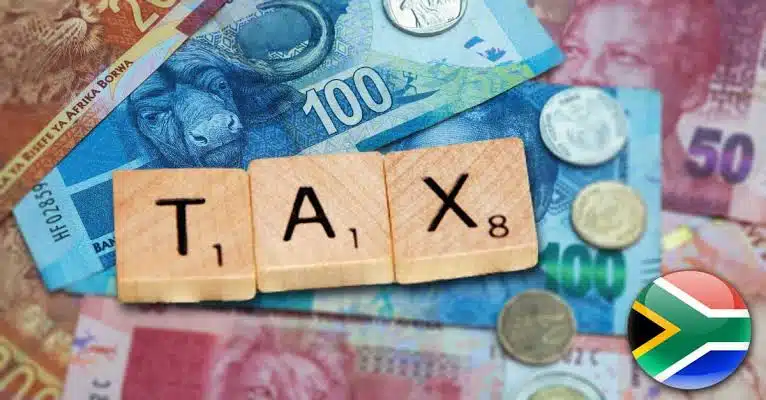South Africa has shelved its controversial plan to raise value added tax (VAT), after political pushback and fears of a rift within the governing coalition triggered market unease.
The decision, announced by the finance ministry on Thursday, means VAT will remain at 15%—not the 16% originally proposed to take effect on May 1 under the 2025 national budget.
The now-abandoned increase was to be implemented in two phases, with another 0.5 percentage point rise scheduled for next year.
“The decision to forgo the increase follows extensive consultations with political parties, and careful consideration of the recommendations of the parliamentary committees,” the ministry said in a statement, adding that Finance Minister Enoch Godongwana would in the next few weeks table a revised version of the Appropriation Bill and Division of Revenue Bill.
The rollback comes after weeks of tension between the African National Congress (ANC) and its main coalition partner, the Democratic Alliance (DA), which opposed the VAT hike both in parliament and in court.
While the DA welcomed the U-turn, its senior official Helen Zille warned that the relationship with the ANC was still fraught with “mistrust” and uncertainty over the coalition’s future.
Investor jitters have mounted in recent weeks, with the VAT standoff viewed as a potential flashpoint for deeper divisions in the unity government.
The proposed tax hike had been positioned by the treasury as a necessary step to plug revenue gaps in a budget under strain.
Godongwana, in earlier court filings, warned that abandoning the VAT increase would “cause severe harm to state finances.”
Treasury officials now estimate that scrapping the tax bump could leave a $4.02 billion hole in the medium-term revenue plan.
In response, the ministry said parliament would be “requested to adjust expenditure in a manner that ensures that the loss of revenue does not harm South Africa’s fiscal sustainability.”
Several smaller parties had floated alternative measures, including sharper cuts to public spending.
While the treasury acknowledged that “some suggestions were worthwhile,” it stressed these “would not provide an immediate avenue for further revenue in the short term.”
The about-face on VAT is the latest test of South Africa’s coalition experiment—one that now risks unsettling fiscal planning and investor confidence just as the economy grapples with sluggish growth and deepening inequality.
As the finance ministry works to present a new budget framework, all eyes are on whether the coalition can hold together long enough to deliver it.






